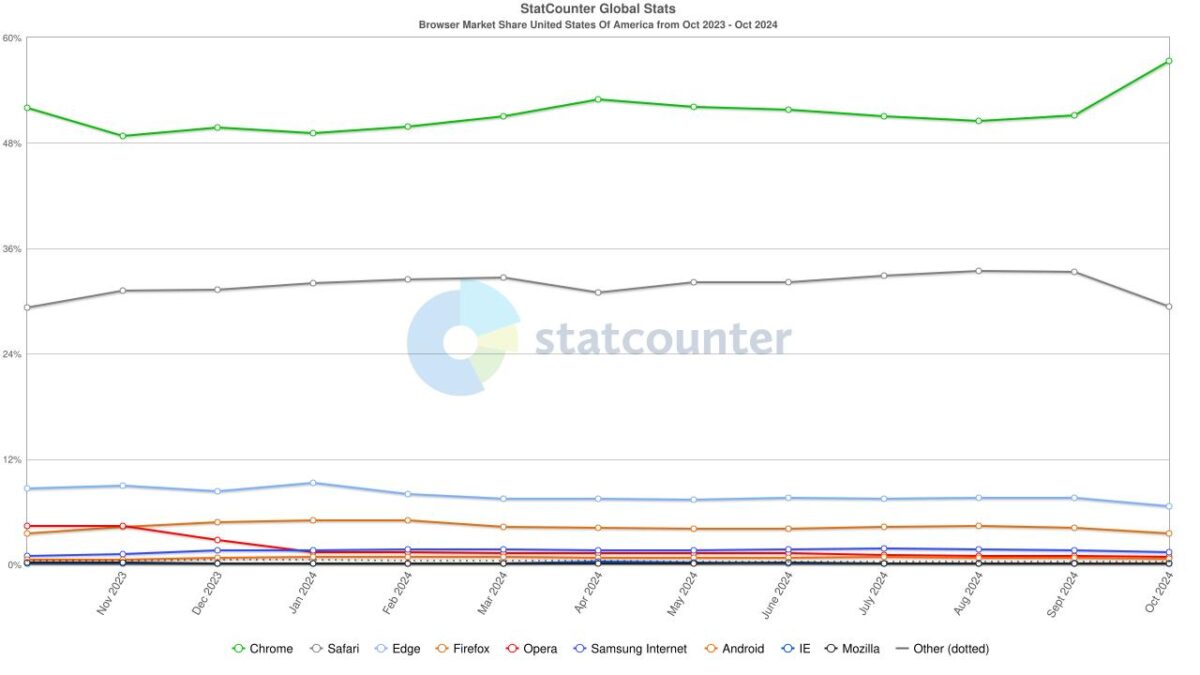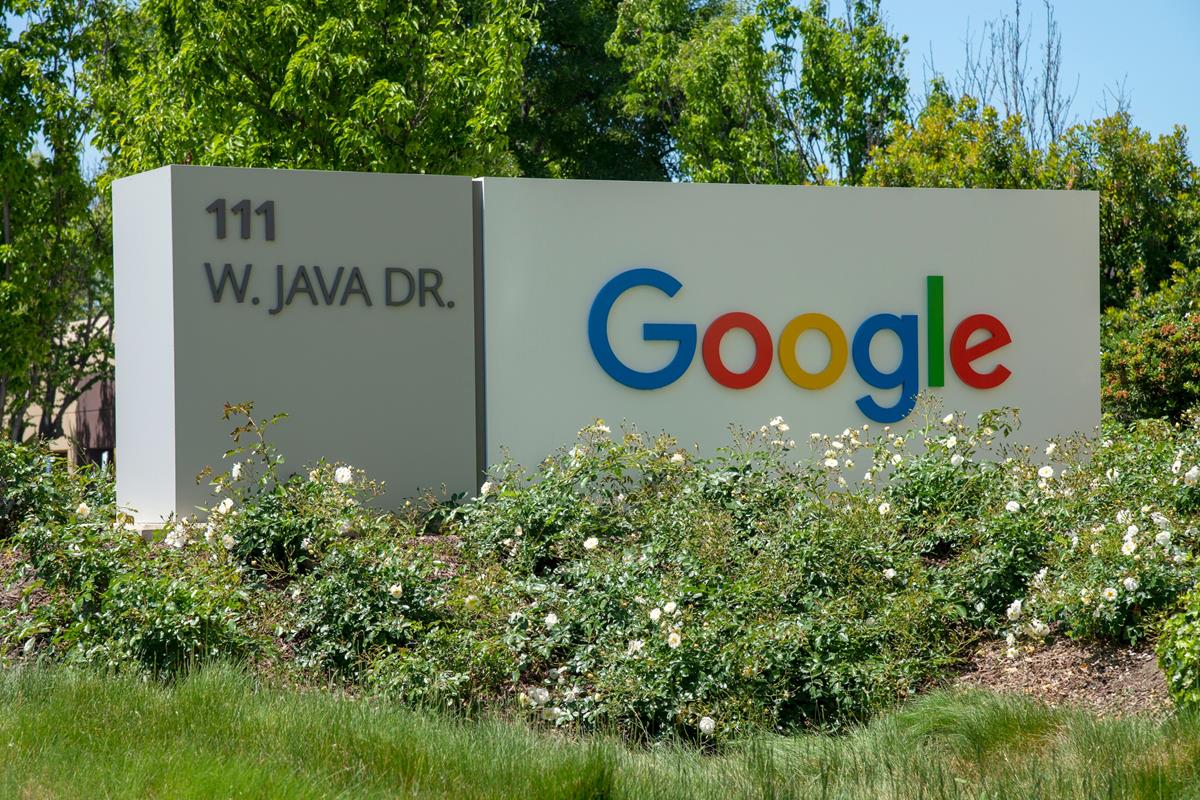The United States Department of Justice may force Google to sell Chrome. The news comes a few months after the company was found guilty of maintaining an illegal search monopoly.
Well, this is not completely unexpected, I had mentioned this in my previous coverage of the antitrust lawsuit.
Google may be forced to sell Chrome to comply with antitrust laws
A report by Bloomberg (paywalled article) outlines the proposals that the DoJ will be recommending to federal judge, Amit Mehta. He was the judge who had recently deemed Google of illegally monopolizing the search market. Google is preparing an appeal against the ruling, a two-week hearing has been set for April 2025, and the final ruling could be reached by August 2025. But things are about to get much worse for Google, as the tech giant could be forced to part ways with the browser it created 16 years ago, Chrome.
The antitrust agency and States who are suing Google, will also request the imposition of some changes related to the AI industry. Dozens of companies were consulted by Government attorneys as they prepared recommendations for a remedy to make the market more competitive.
The antitrust officials want Google to license the search results and data, and allow websites options to prevent their data from being used for Google’s AI products, such as the AI-generated summaries that are being displayed at the top of search results.
The report also mentions that the DoJ thought about an option to force Google to sell off Android, but pulled back from this decision. Now, that doesn’t necessarily mean Android is off the radar.
Android could be unbundled
Android users will be aware that the mobile operating system bundles several apps from Google, many people view these as bloatware. Antitrust officials are working on proposals to force Google to split Android from its other products like Search and the Google Play Store. Could this mean that Android phones may offer an experience similar to AOSP (Android Open Source Project) sans Google apps? One requirement that is proposed wants Google to share more information with advertisers, and give them additional control over where their ads appear.
Naturally, Google isn’t happy about these proposals. Google’s vice president of regulatory affairs, Lee-Anne Mulholland, said this “radical agenda goes beyond the legal issues in this case”, and that it would “harm consumers, developers and American technological leadership.
On a side note, Google seems to be transforming Chrome OS into Android, which seems to indicate that things could be changing rapidly.
Chrome’s dominance could come to an end
According to StatCounter, Chrome leads the market with a 66.65% share world-wide, with Apple Safari in second place at 18.09%, followed by Microsoft Edge at 5.26%, and Mozilla Firefox at 2.65%. Those are the global stats. Since the antitrust case is based in the United States, let’s take a look at how the browser market in the U.S. is. Spoiler alert, it is not that different. Chrome is at the top with 57.38%, Apple Safari has a 29.31% share, Edge is at the third spot with 6.57%, Firefox is at the fourth place with 3.47%.

Safari’s numbers are kind of impressive despite the browser being exclusive to macOS, iOS and iPadOS, but that could be because all browsers on iOS/iPadOS are Safari. But these stats clearly highlight the problem, Chrome dominates the browser market with no proper competitor. It is no wonder why Microsoft is desperately trying to get more users on Edge with ads and sneaky settings.
The future of Chrome?
Regardless of what Chrome’s future is, Chromium-based browsers such as Microsoft Edge, Brave, Vivaldi, Opera will likely remain unaffected by the proceedings of the antitrust case, simply because Chrome and Chromium are two different products. The Chromium open source project is too big to be abandoned, it will thrive.
Chrome’s future is unpredictable at this stage. This isn’t like Google just randomly axing a service, oh look Inbox is so popular, let’s end it. No, there is a big difference between killing a product and selling it to a third party, Google will lose the trademarks and rights related to Chrome. Any company that acquires Chrome inherits the popularity, and the user base of the iconic browser, flaws and all. I wonder if the brains behind the operation, aka the developer teams behind Chrome browser, will be allowed to continue working at Google. The law can’t force them out too, right? Unless that is part of the judgement, what could warrant that?
Let’s say Chrome is sold off, all Google needs to do is reboot the system. It has all the necessary tools to create a new browser to compete with Chrome. It owns the Chromium open source project, the dev teams who have worked on the world’s most popular browser, how hard is it going to be to start from scratch? All it needs to do to attract users is to create a new browser, and place a single ad about it on the most visited website in the world, Google.com. I doubt the DoJ will be able to block this.
What they could have a say over, are the search deals that Google has made with other companies. Google’s agreement with Apple was the heart of the antitrust case, the former paid several billions to the latter to keep Google as the default search engine on Safari across iOS, iPadOS and macOS. This could come to an end as officials are working on a ban on such exclusive contracts, so Mozilla’s deal with Google might suffer the same fate. It would be ironical if Google lost Chrome, and couldn’t pay the new owner to be the default search engine in the browser. Ouch!
At its core, Google depends on advertisements, and this is where it will hurt the most. Its search engine is heavily dependent on Chrome. If users switch to alternative search engines, the ad business will take a big hit. How do most users run search queries on their phone? Either through the Google search widget on their phone, or Google Assistant, or manually via the default browser, which on many Android devices, is Google Chrome. You can argue that the same applies to search on iOS, with Google being the default in Safari.
Which company would Chrome be sold to? That is a very difficult question to answer, as any company big enough to buy it could also be putting itself in the line of sight of antitrust officials. I think it is fair to assume that the new owner will be one that does not have a search engine of their own. Otherwise, it’s the same problem all over, right? Apple doesn’t have a search engine, could it buy Chrome? On the other hand, Apple hates Bing to the point it rejected an opportunity to buy it, this may be a good time to launch its own search engine, that might be good PR for a Safari with Apple Intelligence Search. One expert mentioned that OpenAI could be a potential buyer as it could integrate ChatGPT in Chrome, which could boost its subscriptions as well as open it up for ads.
Summary

Article Name
DoJ could force Google to sell Chrome
Description
Google may be forced to sell Chrome.
Author
Ashwin
Publisher
Ghacks Technology News
Logo

Advertisement


